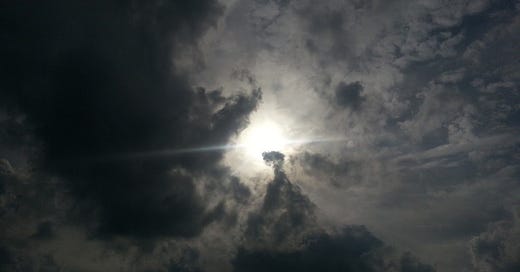Cause for optimism in the fight for free expression on campus?
Universities are reasserting their commitment to free speech and free expression.
Keep reading with a 7-day free trial
Subscribe to The Oyster Club to keep reading this post and get 7 days of free access to the full post archives.





